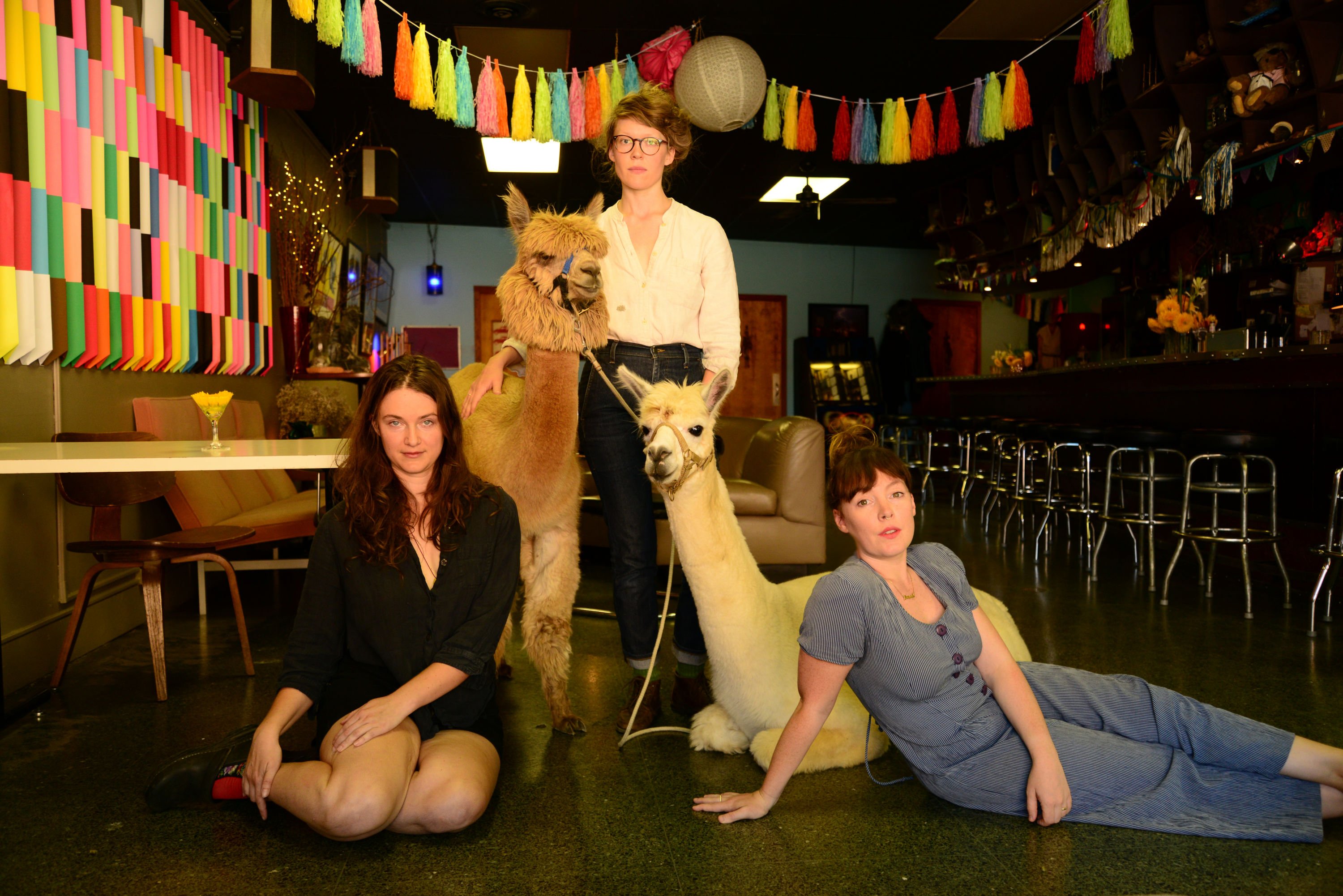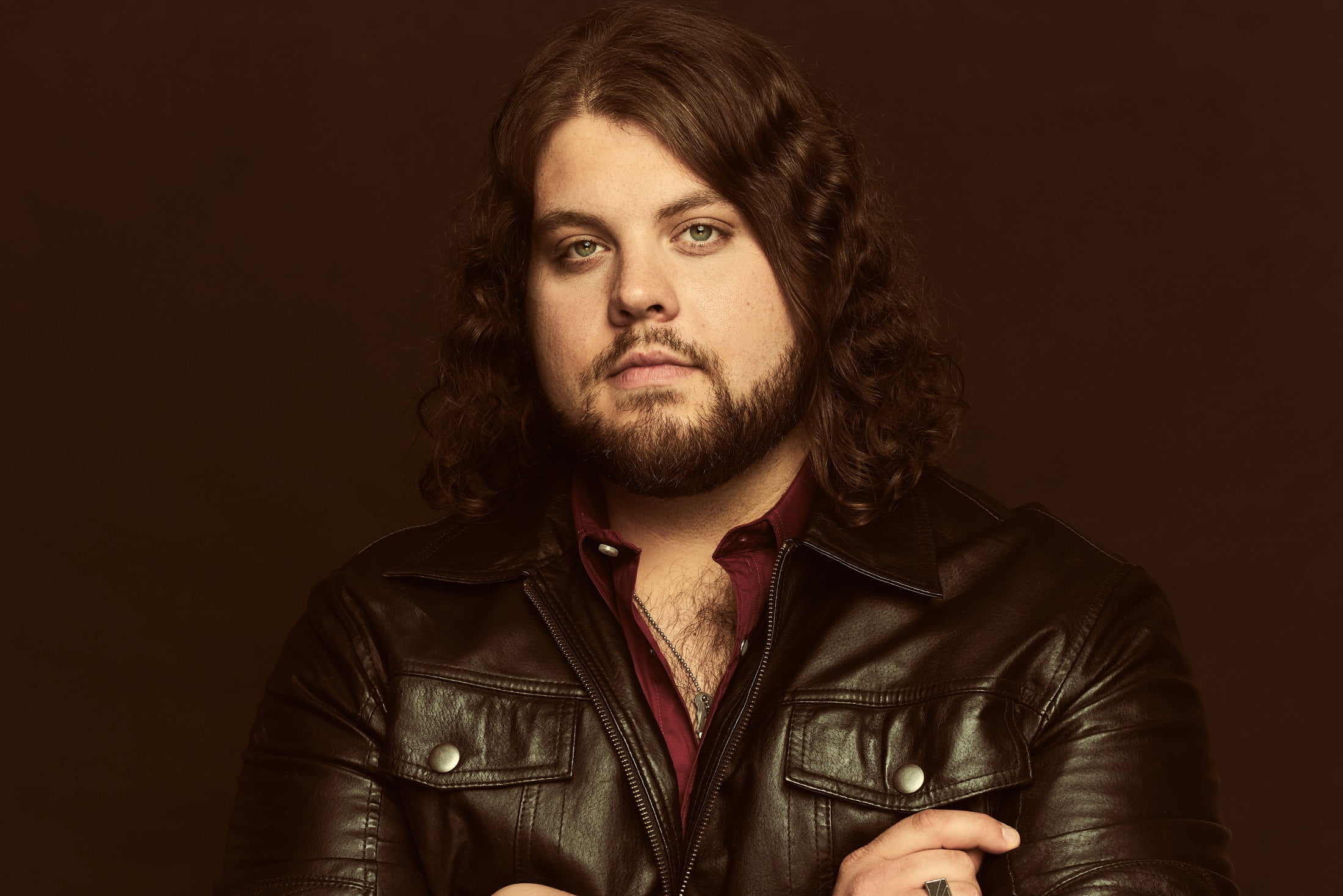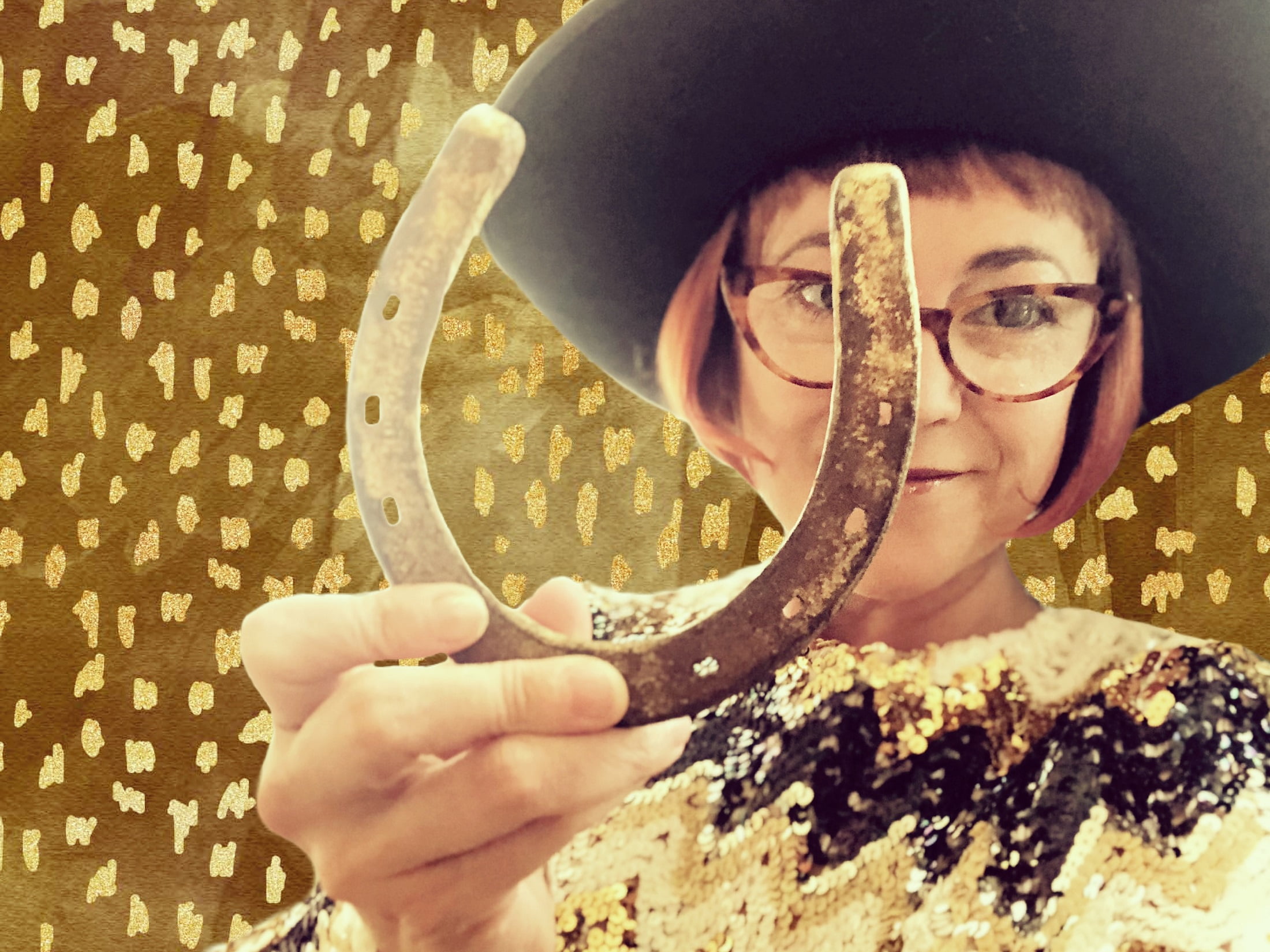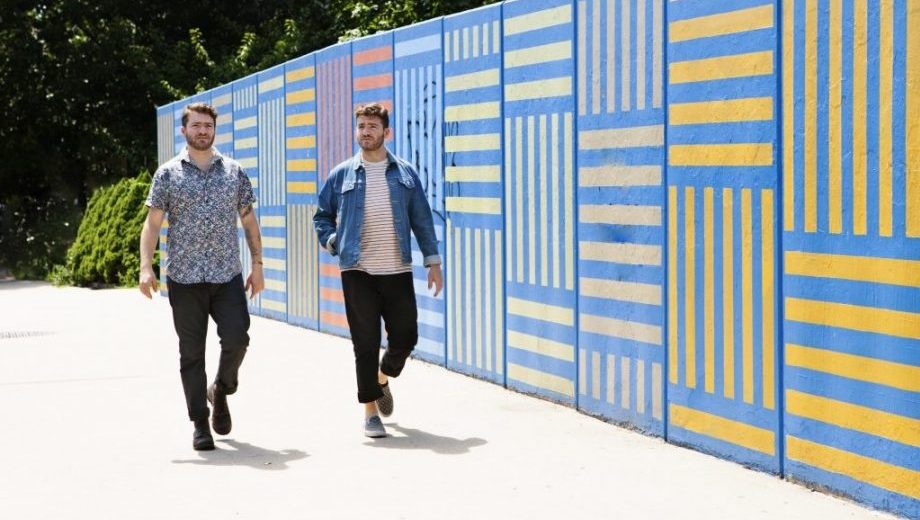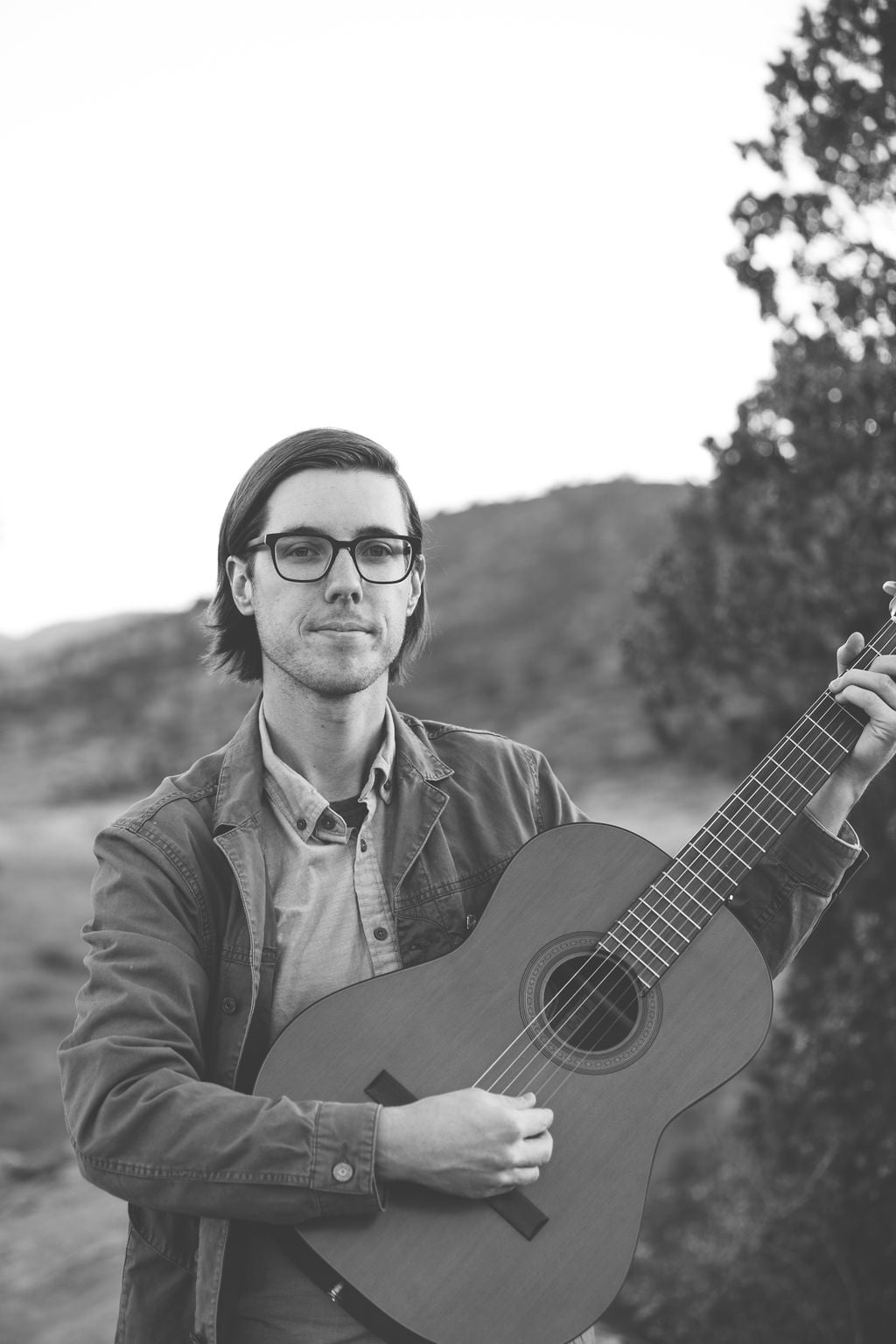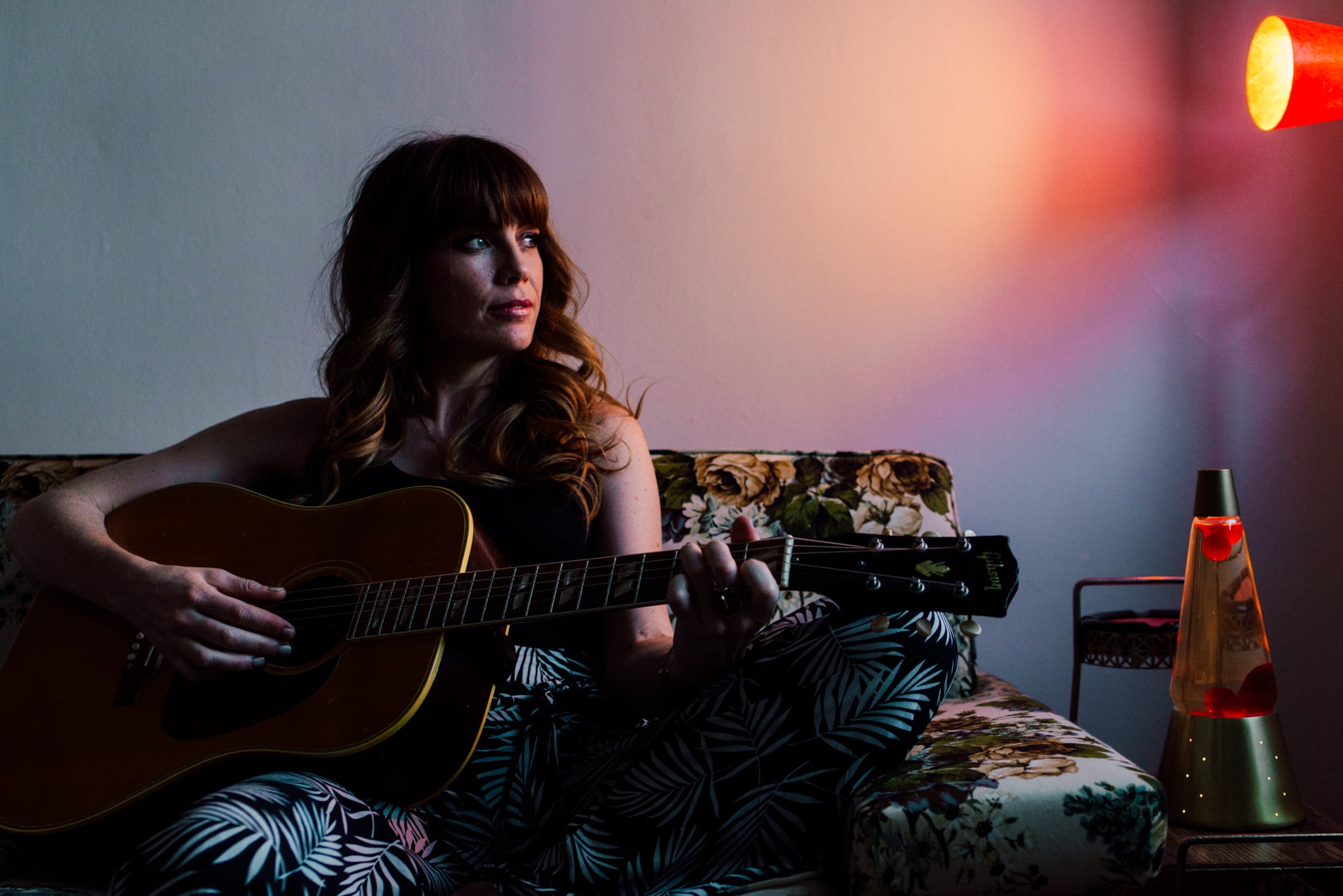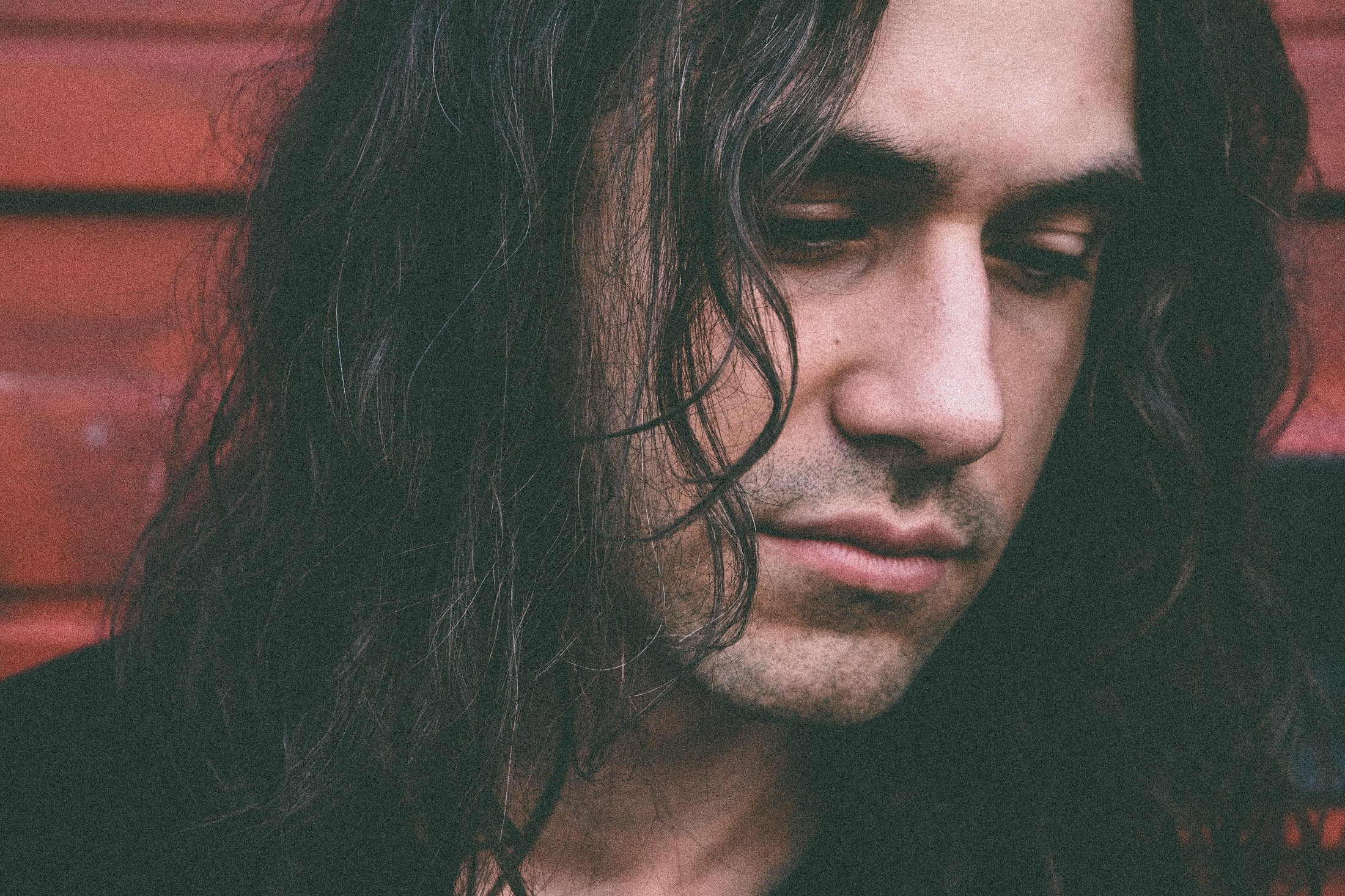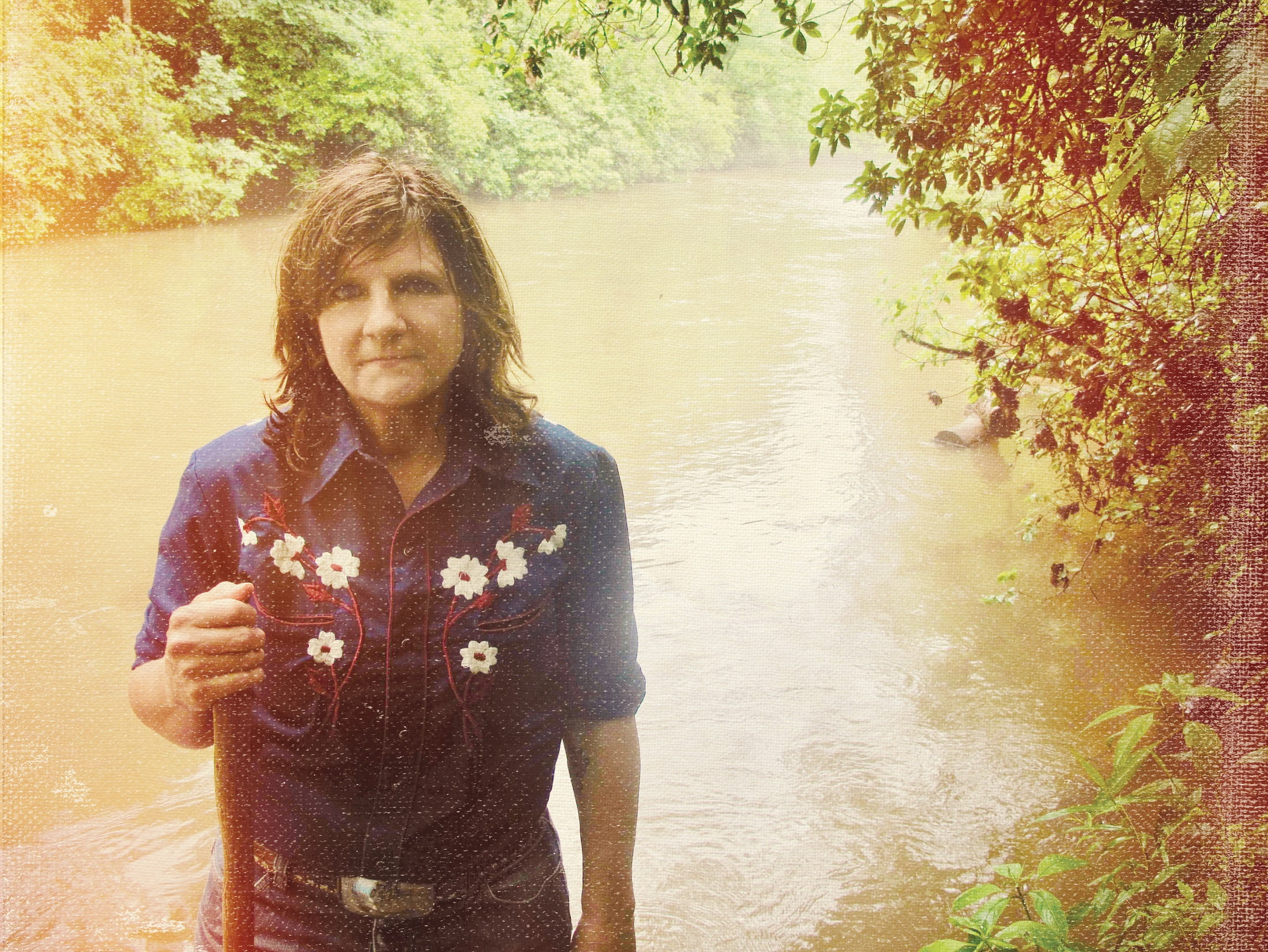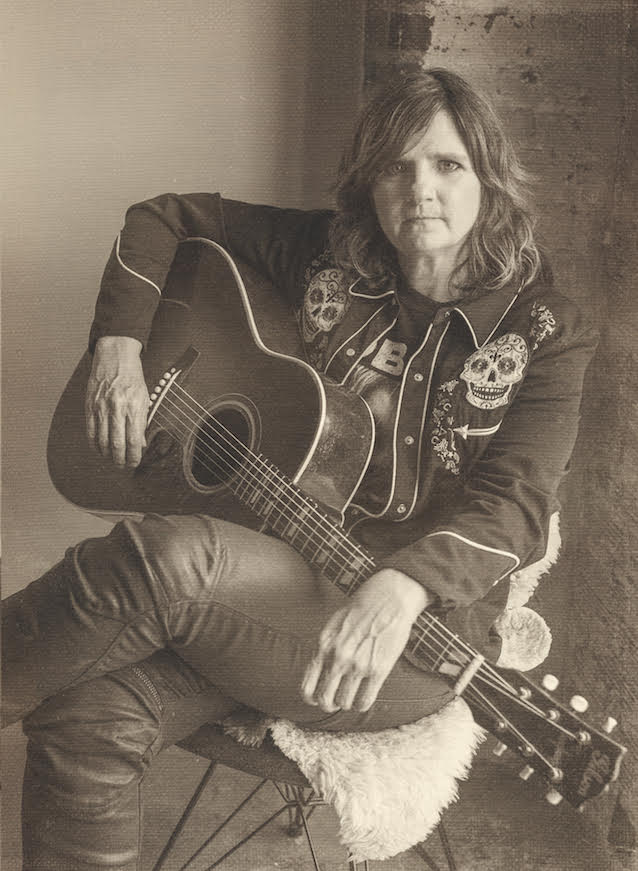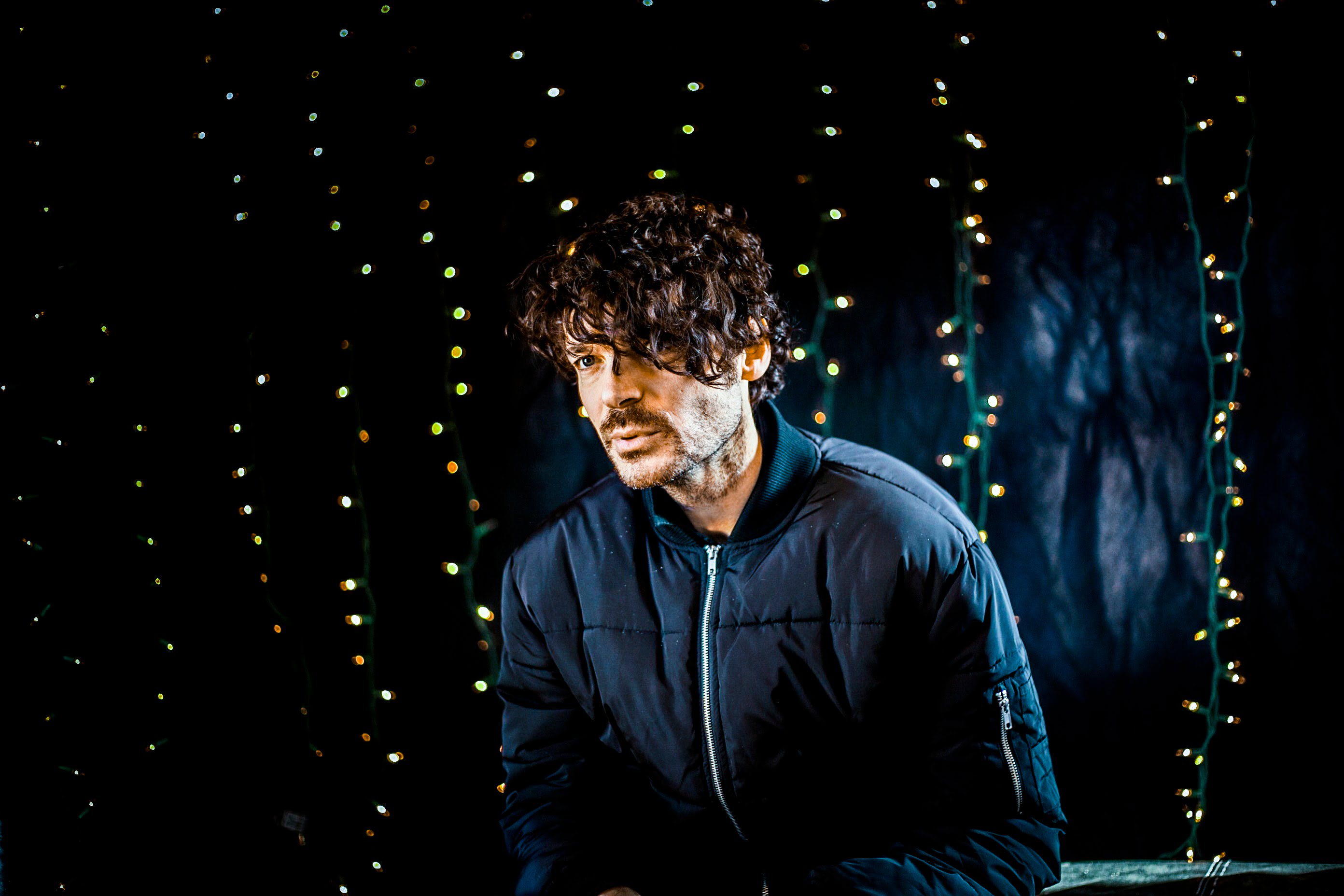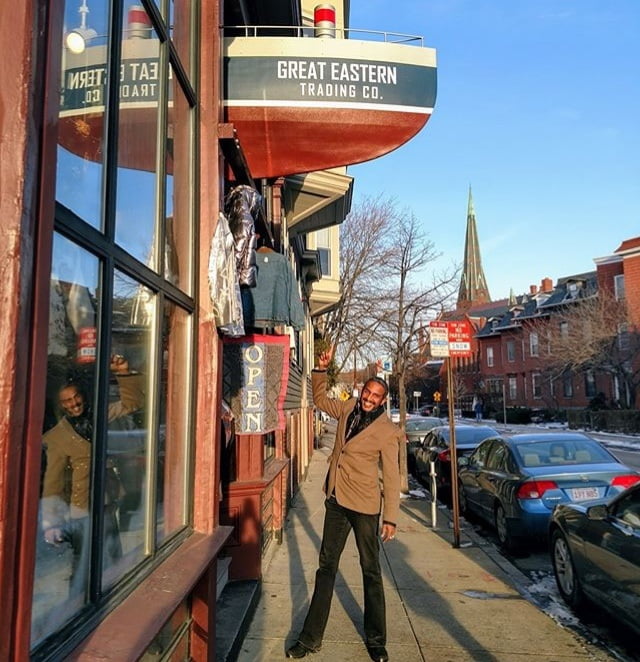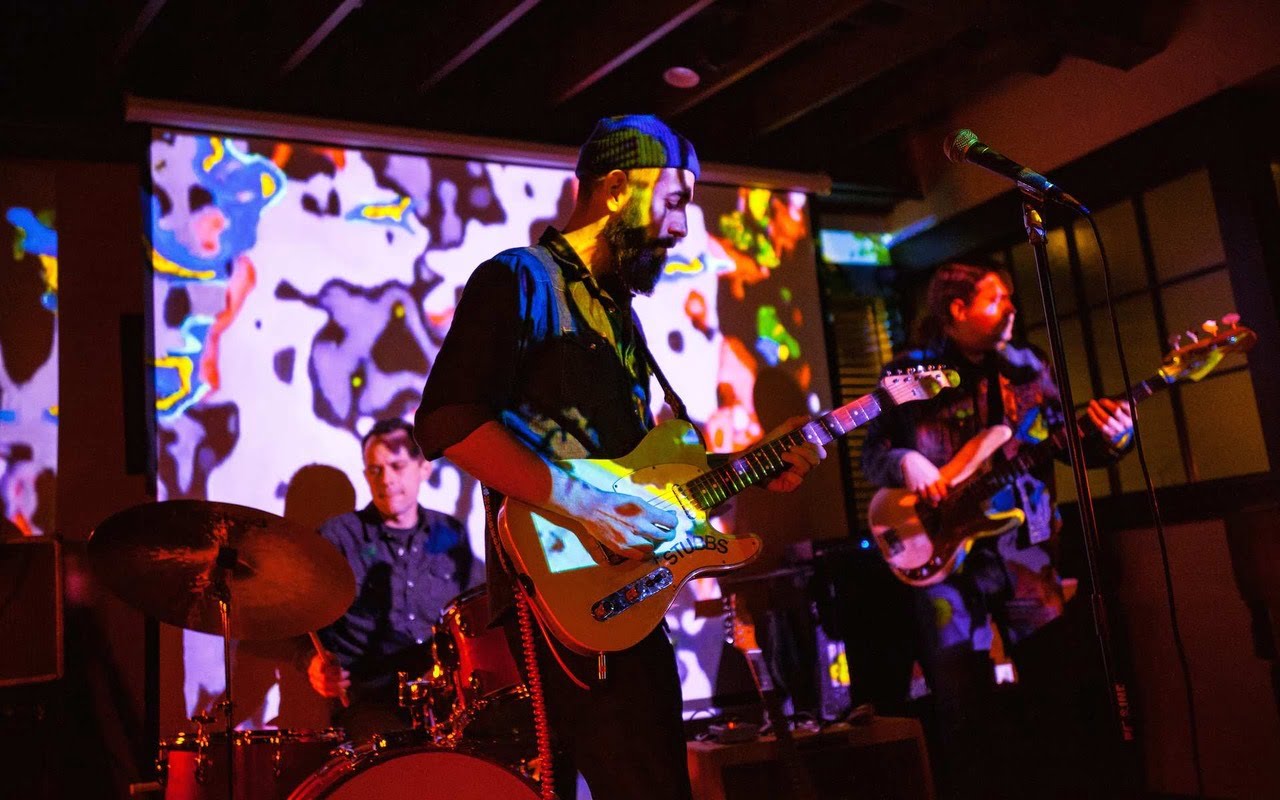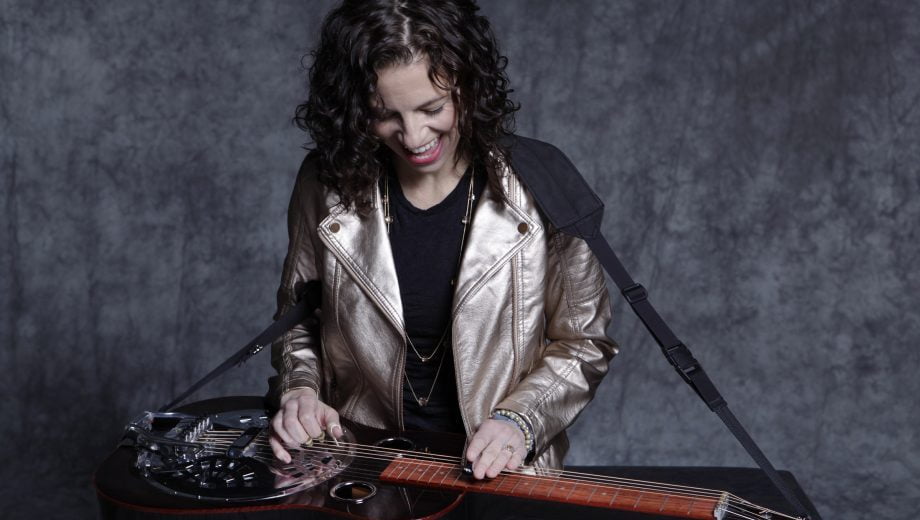The splendor of women’s voices raised in harmony has found fresh spirit in the modern folk era. From The Wailin’ Jennys to The Secret Sisters, groups built around visceral vocal blends — whether backed by instruments or a cappella — have continued the powerful legacy formed by the Carter Sisters, Hazel Dickens and Alice Gerrard, and other tenacious singers.
Mountain Man’s Amelia Meath, Alexandra Sauser-Monnig, and Molly Erin Sarlé discovered their harmonies while studying at a liberal arts college in Vermont, and turned their quick and fast friendship into the 2010 debut album, Made the Harbor. Then life pulled the members in different directions (Meath, for starters, co-founded electronic pop duo Sylvan Esso), and their next project took much longer to arrive than anyone anticipated.
Magic Ship, the trio’s sophomore album and their first on Nonesuch Records, finds the group experimenting with rhythm and cadence to give their original tracks a pop and flourish that doesn’t always exist in such partnerships. As friends who have found a kind of family in the way their voices blend, Magic Ship is about celebrating that bond and all its magic.
I saw you perform at Eaux Claires last year. Did you already have plans to record again, or did it take that set to see the bigger possibility?
Amelia: The Eaux Claires set was kind of a tester just to see if it felt the same to sing together, and what it would feel like to do that. After that set, we were immediately like, ‘Oh of course we’ll do a record. That’s a great idea.’
The audience was rapt.
Alexandra: That felt like such a special time because we had no idea after seven years, or whatever, how many people were going to show up—to have people continue to arrive and fill out the woods, and stand in places where it was not comfortable to stand just to try and hear a little bit. … I think festivals can be a tricky thing for a largely a cappella band, and that stage is the perfect festival translation for [such] a band.
In describing a trio of women’s voices, I feel like some people have resorted to hackneyed descriptions based on myth—like sirens. How do you see yourselves pushing back against that stereotype, or trying to do something within that image?
Molly: I imagine when we’re singing together, we’re not trying to do anything other than be ourselves, so I don’t see us as pushing back against it in any other way besides not trying to play into it.
Amelia: I think like with most things you do while you’re a woman, if you do it without thinking about it, you are being subversive in a lot of ways.
Alexandra: You’re just saying, “Fuck all of that, and we are who we are. Here we are.”
Molly: There is that thing that I like about this, other than the fact that sirens are people that pull men to their death, which is also funny. I do like the assignment of magic, which I think is something we get to live in when we sing together.
It’s interesting that you use the word “magic,” because harmonies that close are almost familial, like you only get it from sisters or brothers. How do you explain your closeness?
Alexandra: I feel like magic is the way that we commonly explain it to ourselves. When we first started singing together it did feel like powerful magic, like, “Whoa, this feels like nothing else has ever felt. It’s really cool and I want to do it more.” It feels like a really honest form of connection, and it’s a special, wild thing that we all happened to meet each other at the same time and discover this thing. Magic is part of the definition.
You cover Ted Lucas’ “Baby Where You Are,” and you’ve retained that to some degree. What was the recording process like for that particular track?
Amelia: For me, I learned about that record from our friend William Tyler who had something to do with its release in general, so I didn’t even know that he’s a Midwestern artist, but I like that. Recording it was really fun. It’s always so great to sit down and figure out a song with your pals.
What does the arranging process look like when you’re dealing with an original song?
Amelia: It looks like us singing it about five times and making suggestions, and that’s about it. Usually we’re like, “Ok, well uh we’ll do that. That sounds good.”
Molly: Similar to the way we work on the songs that we write as individuals and then bring together in that usually when we choose a cover, someone is holding down the main framework of the song, and then the other two are working around that to complete the feel.
So the lead always switches?
Alexandra: Yeah. And usually the notes we hit are kind of up to whoever has the idea of what part to hit. Sometimes we’ll be like, “Oh, there’s this note up here that we like. Will I just abandon my bass part and go up higher?” And then what harmony makes sense with that first initial, intuitive idea?
“Stella” and “Rang Tang Ring Toon” feel straight out of a traditional songbook. What inspired those songs? What was your composition process like?
Amelia: I wrote the song “Stella”— or I wrote the lyrics and the melody, and then we did the arrangements together, like we do with all of our songs — but I never really thought of it as being plucked from the past. At the time that I wrote it, I was thinking that we were going to be writing a children’s record, so I wanted to write a song about a kid playing outside in New York. That’s where it’s placed for me, in Manhattan in the 1980s.
Molly: It always reminded me of a Paul Simon song. Our manager Martin thought it was a song about a cat.
Situated next to “Stella,” you’ve got “Underwear,” which—and I mean this in the most loving way possible—is such a beautiful weirdo of a song. What inspired that?
Amelia: That was about dealing with turning into your parents in some ways, and also inspired by the search for the perfect pair of underwear, which is a real struggle.
Have you found one that you like? Is it a brand or a cut?
Amelia: No, and I keep on doing this thing where every time I find a pair that I think might be it, I’ll buy 30 of them and be like, “This is my underwear forever,” and then three weeks later, I’ll be like, “I don’t like this underwear anymore,” and I’ll have this sea of underwear.
Alexandra: I didn’t know you did that with underwear!
What do you do with the leftovers?
Amelia: I keep them and wear them out of guilt.
How do you decide which songs are best serviced by instruments and which are best left as an a capella affair?
Alexandra: I feel like often, Molly and I will write songs with a guitar, and those are the songs that have guitar. I don’t think we’ve ever retroactively added instrumentation to anything.
How have your other projects — Molly and Alexandra, your solo work, and Amelia, your work with Sylvan Esso — informed this new collection of songs?
Alexandra: I feel like so much of our music is about feeling, and where we are in life and I think having lived our lives in different directions from each other just informs it in a subconscious way. We have years of life lived to draw on, and years of experience in bands, or doing whatever that we’ve been doing, so I feel like we’re bringing more varied things to the table than we were when we were 20.
It’s brighter, too, even though the themes aren’t always!
Amelia: Yeah, bringing in the joy.
Alexandra: Bringing in the joy!
Necessary in this day and age.
Amelia: Darn tootin’.
Photo credit: Shervin Lainez
